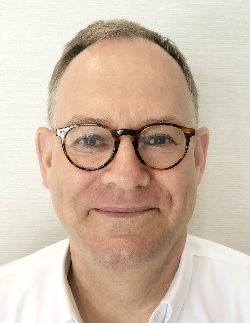Siemens Corporation, Princeton, NJ, USA
At the end of the tutorial, participants should be aware of the relevance of “design for efficiency” and be able to apply selected techniques which help to optimize a user experience design for efficiency of use.
Efficiency of use is directly related to productivity which is relevant for many users and organizations. It is difficult to find user experience practices and techniques which systematically focus on “design for efficiency” (efficiency in the context of the tutorial means efficiency of use, not efficiency of the design process). The tutorial provides an overview about a “design for efficiency” framework with connected techniques. The tutorial facilitator developed the framework and the techniques and applies them in his industrial projects. The main part of the tutorial will focus on selected techniques. Some techniques will be introduced. The design for efficiency framework is documented in a book which can be downloaded for free (www.designforefficiency.com). The book is still evolving and will be updated for the tutorial.
Becoming aware for the importance of “design for efficiency” and learn “design for efficiency” techniques which can be applied immediately to increase the efficiency of use.
Design, UX, HCI, usability practitioners, students, as well as academia

Helmut Degen is a user experience specialist working for Siemens Corporation in Princeton, NJ, USA. Due to industrial business needs, Helmut has developed “design for efficiency” techniques and applies them in his projects. The techniques are published in the evolving book “Every click counts – design for efficiency” which is available for free on the website www.designforefficiency.com. Helmut is co-chair of the conference “AI in HCI”, affiliated with the HCII conference. He earned a PhD in Information Science and a MS in Computer Science, both from universities in Germany.